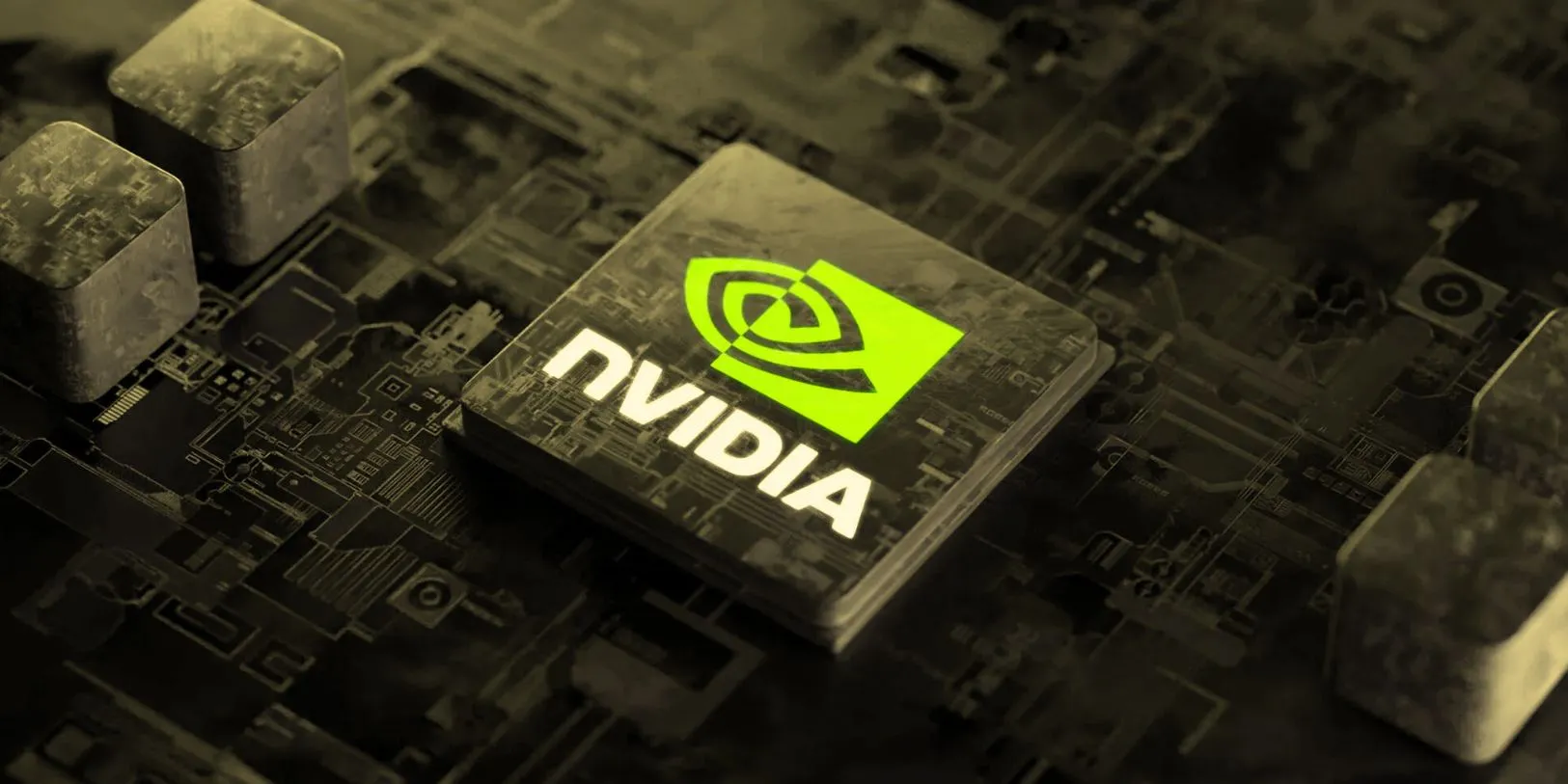Key Points
- Nvidia shares fell nearly 7%, losing $200 billion in market value, after soft third-quarter forecasts.
- Other major tech stocks, including Broadcom, AMD, Microsoft, and Amazon, declined.
- Nvidia’s results may set a cautious tone for the broader market as September approaches, a historically challenging month for stocks.
- Investor confidence in the AI-driven tech rally has waned due to valuation concerns and increased spending by tech giants.
Shares of Nvidia (NVDA.O) and other major tech companies declined late on Wednesday, disappointing investors who had hoped that strong forecasts from the leading AI chipmaker would drive gains among Wall Street’s most valuable firms. Following Nvidia’s quarterly earnings report, Nasdaq futures dropped about 1%, indicating potential weakness in tech stocks on Thursday.
Nvidia’s stock plunged nearly 7%, wiping out $200 billion in market value after the company projected third-quarter gross margins that might miss market estimates and revenue that largely matched expectations. This decline also affected other AI-related companies, which collectively lost around $100 billion in value. Broadcom (AVGO.O) and Advanced Micro Devices (AMD.O) shares each fell about 2%, while Microsoft (MSFT.O) and Amazon (AMZN.O) dipped almost 1%.
If Nvidia’s decline extends into Thursday, it would still be less severe than the 11% swing predicted by options markets, as reported by ORATS. Nvidia surpassed analyst expectations due to soaring demand for its AI chips, leading investors to expect continued outperformance. However, the latest subdued forecasts overshadowed a strong beat on second-quarter revenue, adjusted earnings, and a $50 billion share buyback announcement.
“They beat but this was just one of those situations where expectations were so high. I don’t know that they could have had a good enough number for people to be happy,” said JJ Kinahan, CEO of IG North America and president of Tastytrade.
Nvidia’s results could influence market sentiment heading into September, historically a volatile month for stocks. According to CFRA data, the S&P 500 has averaged a 0.8% decline since World War II. Investors are also closely watching next week’s U.S. employment report for signs of any improvement in the labor market following August’s volatility.
While optimism about AI technology, largely driven by Nvidia’s rapid growth, has fueled Wall Street gains over the past year, confidence has recently waned. Concerns over valuations and increased spending by tech giants like Microsoft and Alphabet (GOOGL.O) in the AI race have added to investor caution.





